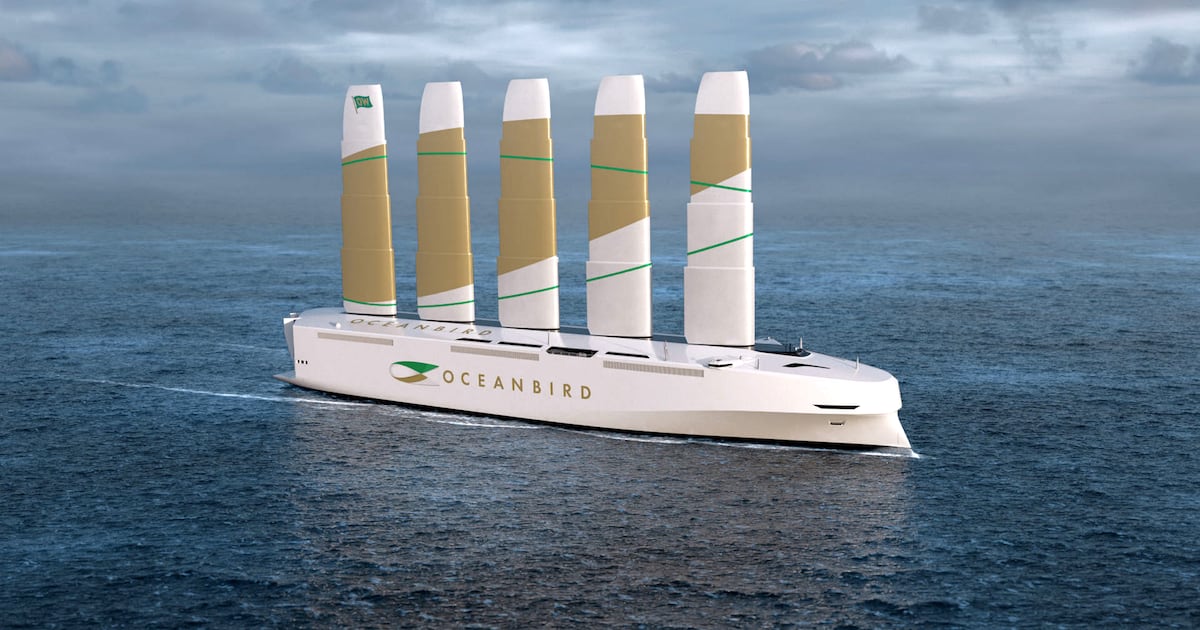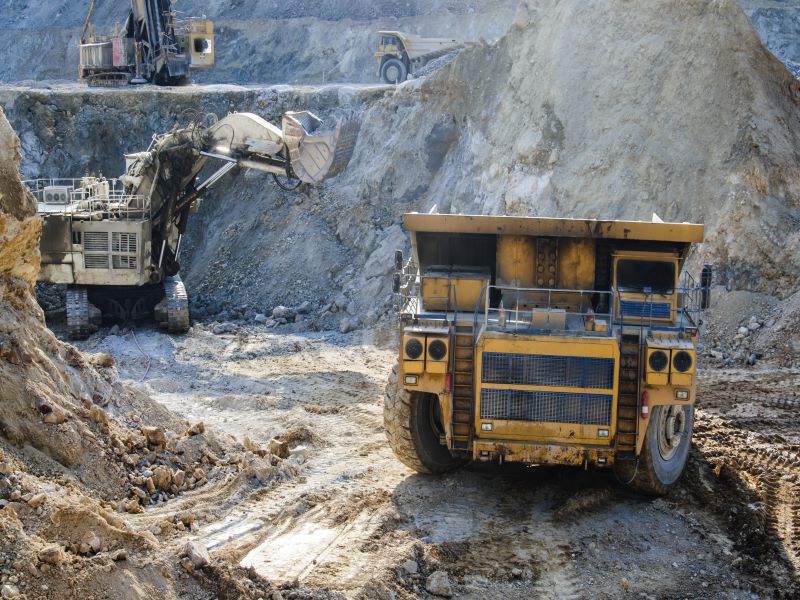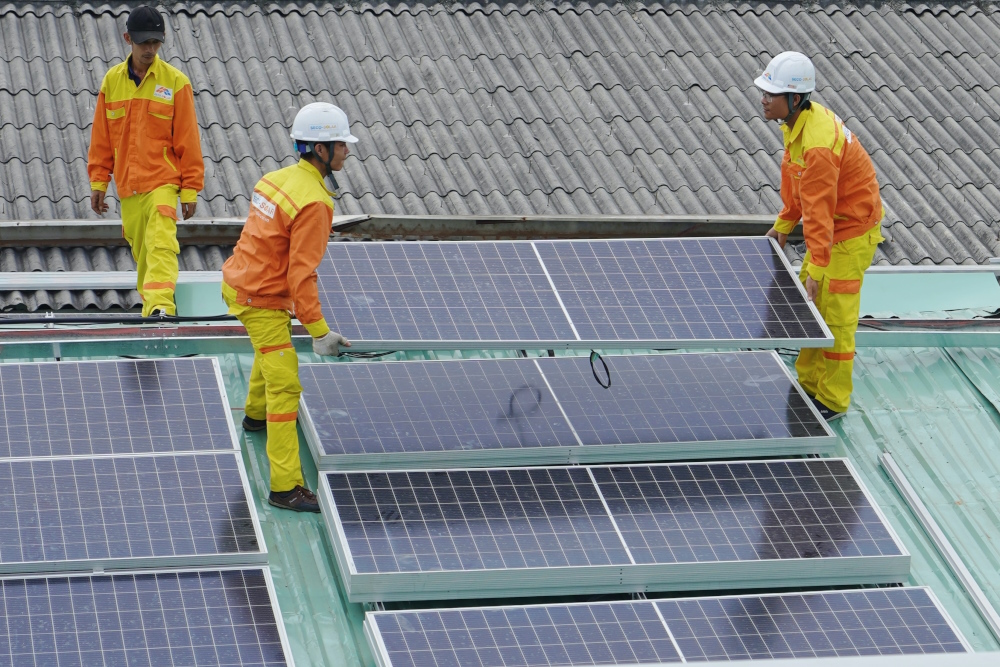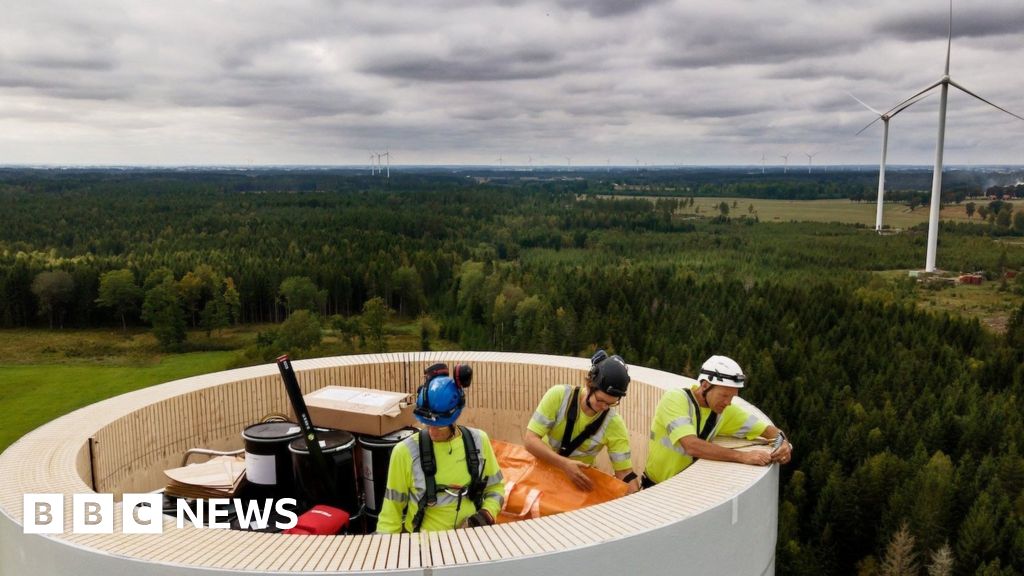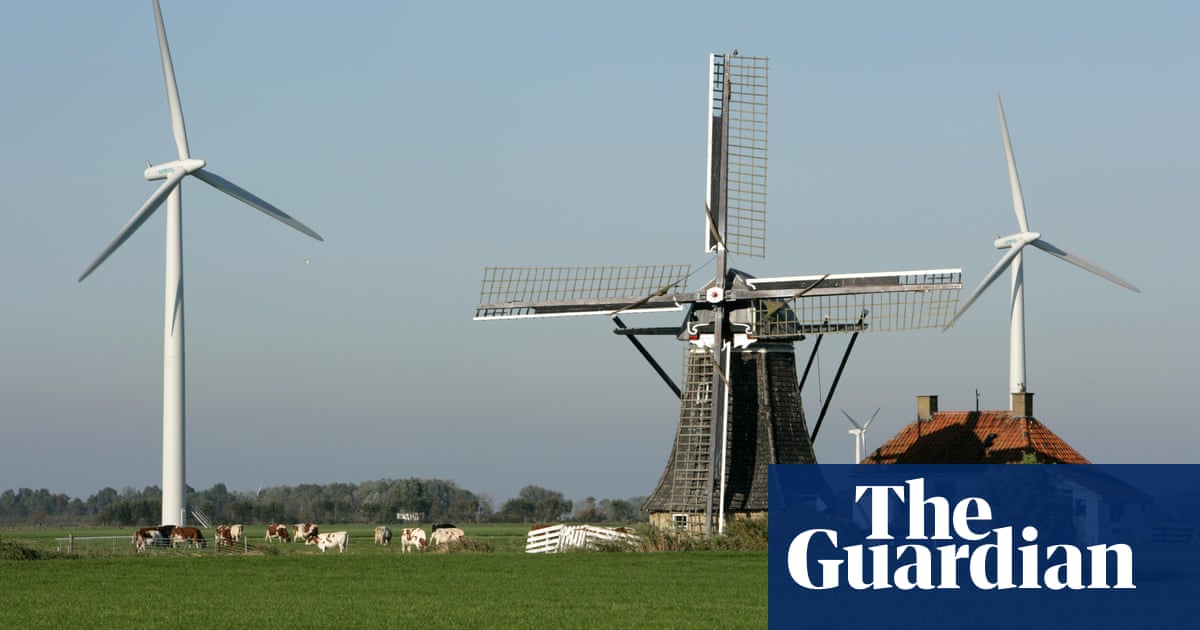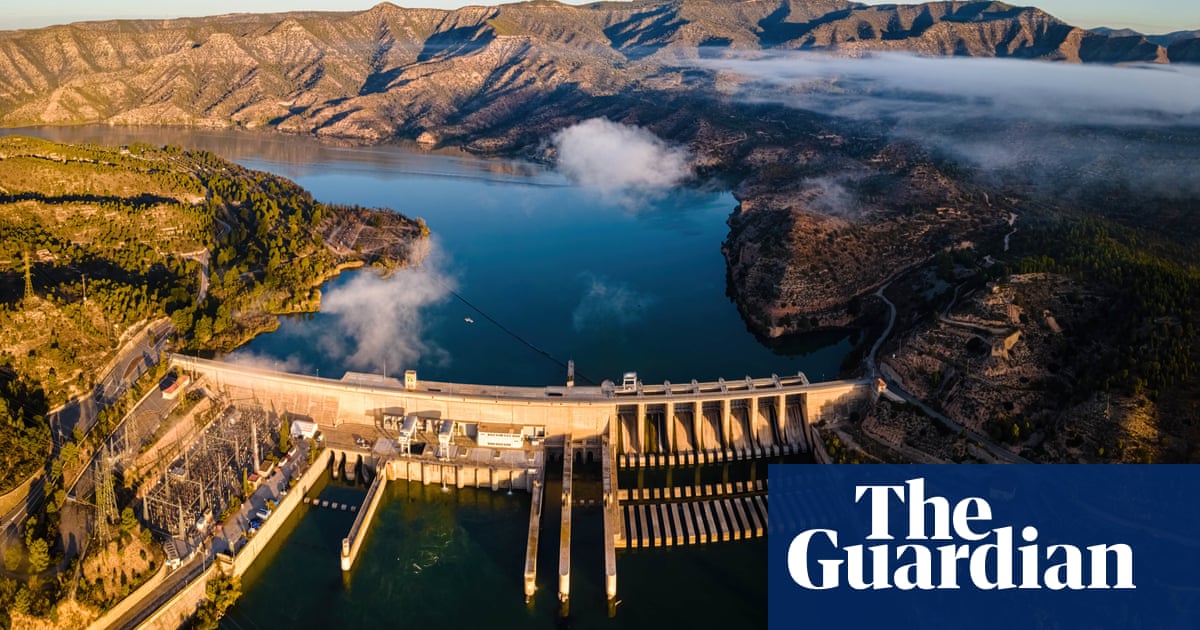They're not, as explained to you earlier. That is, they don't account for things like rodents, dust, lack of insolation, and more, which is why energy returns of 30 in labs go down to less than 2 when one looks at actual power generated vs. nameplate power.
Here's what makes matters worse: 70 pct of mining equipment, up to half of manufacturing, and the bulk of shipping involve fossil fuels. The counterarguments involve promised gamechangers, not actual, widespread deployment. Why? Because according to one study, it will take more than a hundred years to make the transition to fossil-free, industrialized economies.
On top of that, the assumption is that the already-low energy returns can be ramped up considerably to meet diminishing returns, which as it is is already a problem with basic needs: to meet just those for the global economy, we will need the equivalent of one more earth. To meet your cute Norway fairy land, we'll need up to four earths.
It gets even worse when you mix energy returns with credit, e.g., low costs means the energy returns are higher. Remember what happened during the initial part of the pandemic, when oil prices at one point went down to zero dollars?
Here's the punch line: there's no problem when it comes to demand. As explained to you multiple times, and which you can't address, most of the corporations that will create that fairy land are for-profit, which means they operate with maximization of profits driven by constantly increasing production and consumption. In short, what they want is the complete opposite of your sustainability fantasy tale, and most of the world population know that, too, as they want what Norway has, which is not only one ICE vehicle for leisurely rural trips but an EV to for leisurely urban trips.
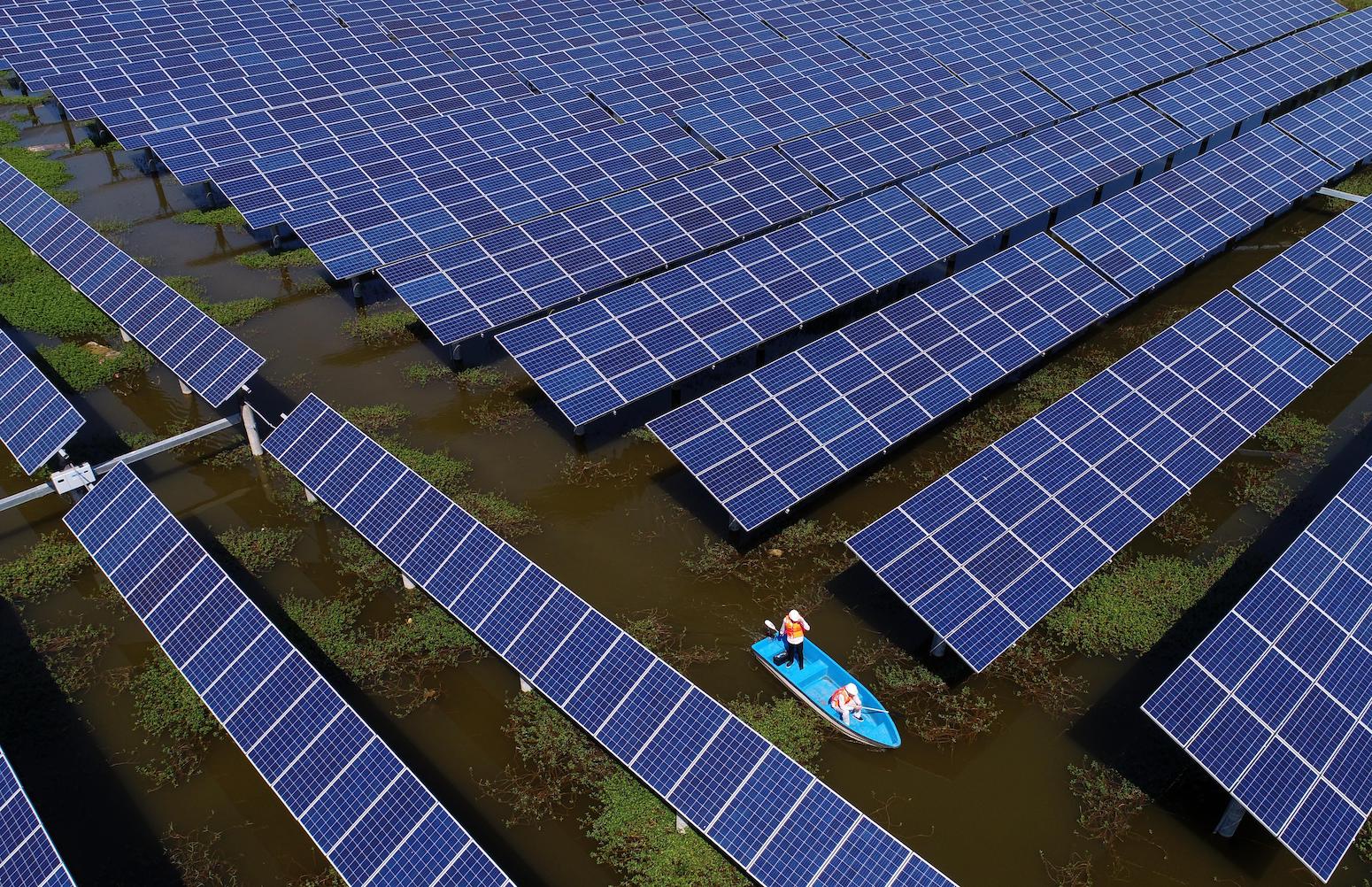
www.carbonbrief.org



